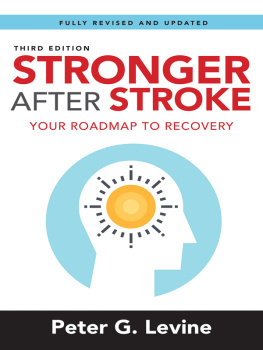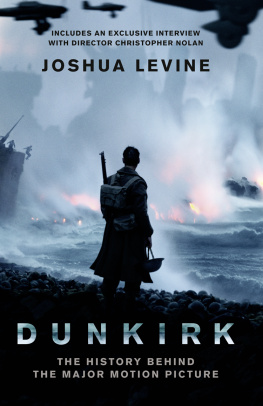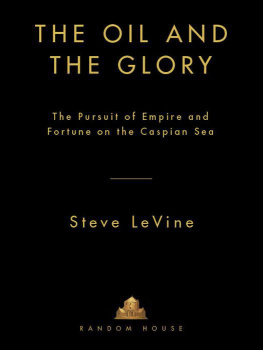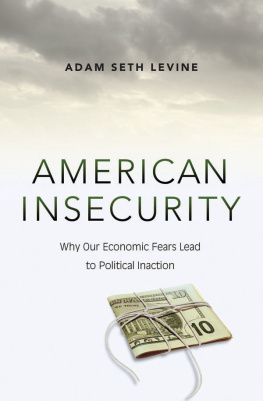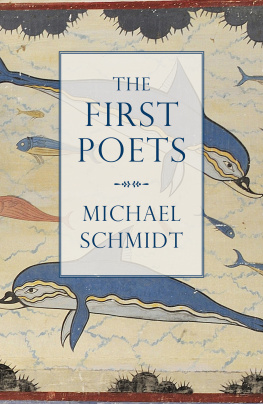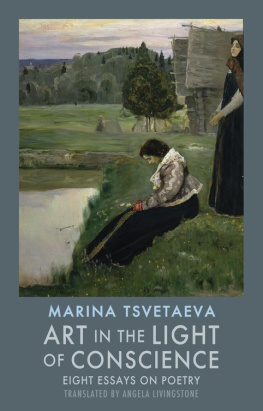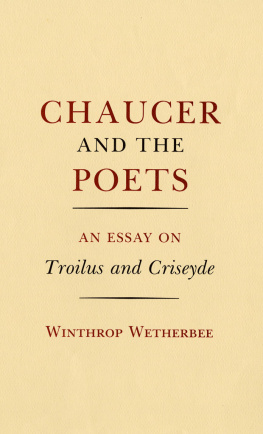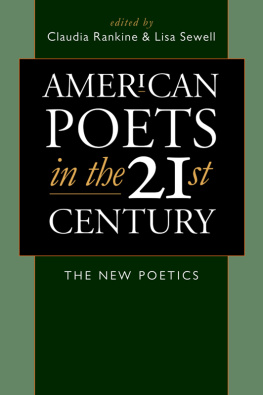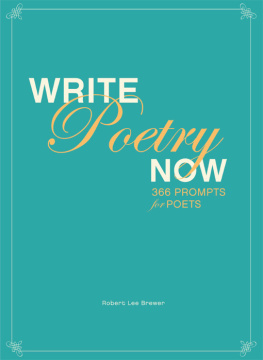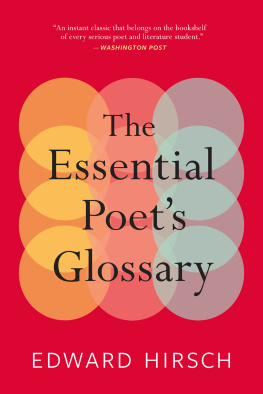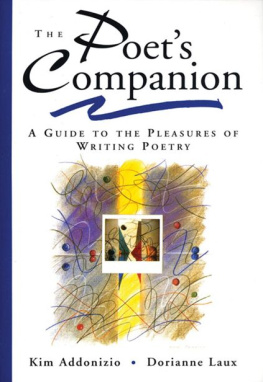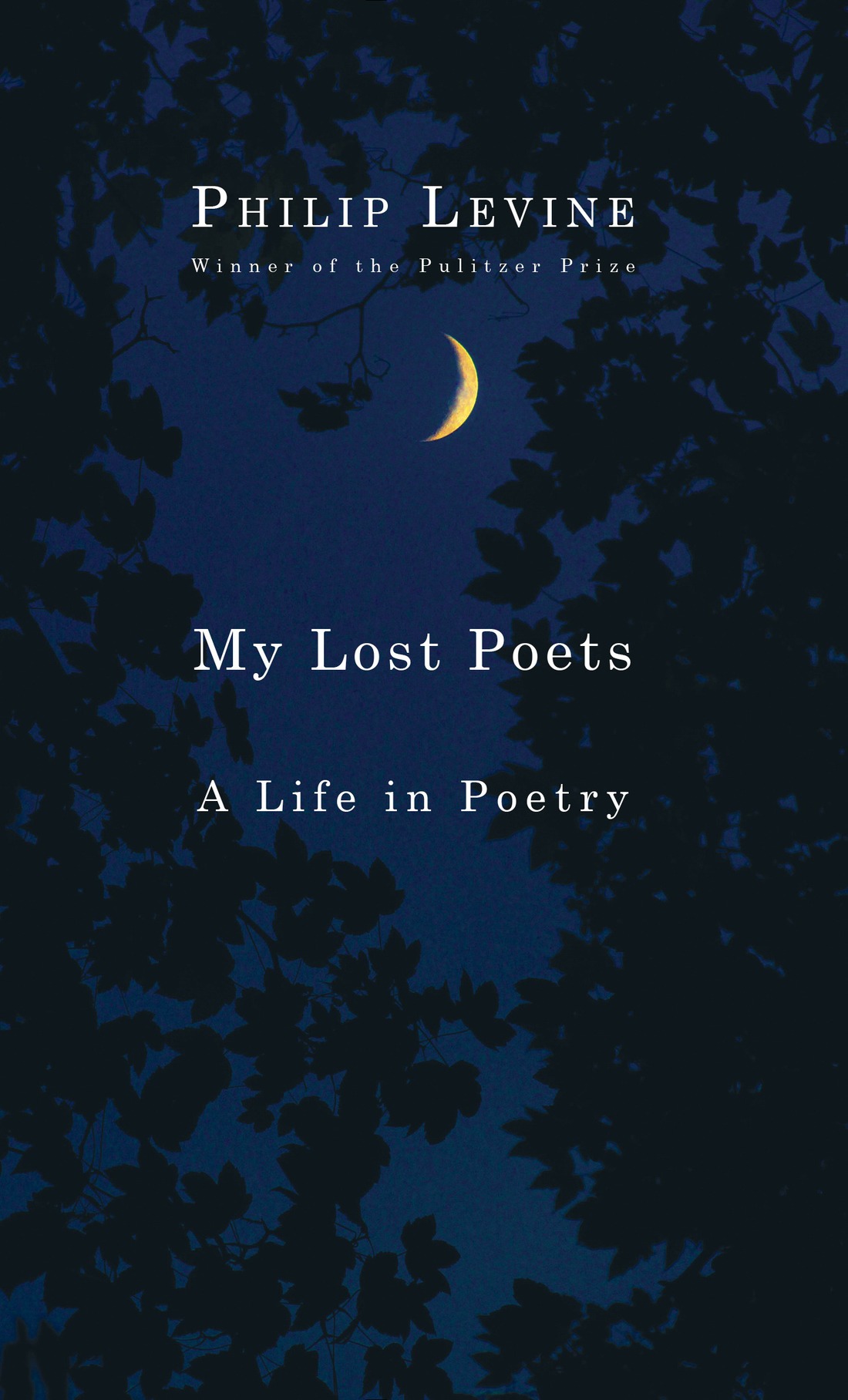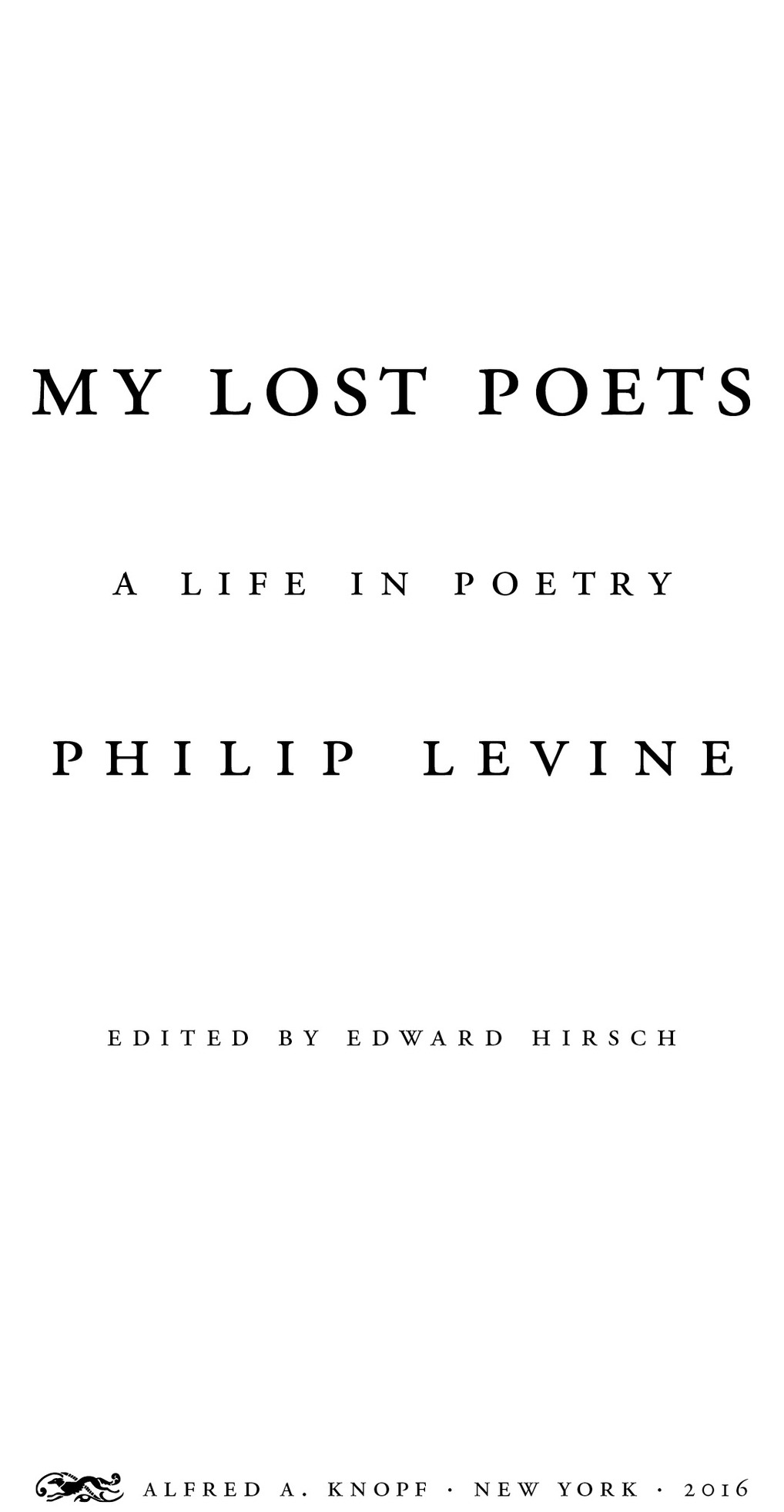ALSO BY PHILIP LEVINE
Poetry
The Last Shift ( 2016 )
News of the World ( 2009 )
Breath ( 2004 )
The Mercy ( 1999 )
Unselected Poems ( 1997 )
The Simple Truth ( 1994 )
What Work Is ( 1991 )
New Selected Poems ( 1991 )
A Walk with Tom Jefferson ( 1988 )
Sweet Will ( 1985 )
Selected Poems ( 1984 )
One for the Rose ( 1981 )
7 Years from Somewhere ( 1979 )
The Names of the Lost ( 1976 )
1933 ( 1974 )
They Feed They Lion ( 1972 )
Red Dust ( 1971 )
Pilis Wall ( 1971 )
Not This Pig ( 1968 )
On the Edge ( 1963 )
Essays
So Ask ( 2003 )
The Bread of Time ( 1994 )
Translations
Off the Map: Selected Poems of Gloria Fuertes ( 1984 ),
edited and translated with Ada Long
Tarumba: The Selected Poems of Jaime Sabines ( 1979 ),
edited and translated with Ernesto Trejo
Interviews
Dont Ask ( 1981 )
This Is a Borzoi Book
Published by Alfred A. Knopf
Copyright 2016 by The Estate of Philip Levine
All rights reserved. Published in the United States by Alfred A. Knopf, a division of Penguin Random House LLC, New York, and distributed in Canada by Random House of Canada, a division of Penguin Random House Canada Limited, Toronto.
www.aaknopf.com
Knopf, Borzoi Books, and the colophon are registered trademarks of Penguin Random House LLC.
constitutes an extension of the copyright page.
Library of Congress Cataloging-in-Publication Data
Names: Levine, Philip, 19282015, author.
Title: My lost poets : a life in poetry / Philip Levine.
Description: New York : Alfred A. Knopf, 2016. | Includes bibliographical references.
Identifiers: LCCN 2016022244 | ISBN 9780451493279 (hardcover) | ISBN 9780451493293 (ebook)
Subjects: LCSH: PoetryAuthorship. | PoetryInfluence. | Influence (Literary, artistic, etc.) | Levine, Philip, 19282015. | Levine, Philip, 19282015Friends and associates. | Poets, American20th centuryBiography. | BISAC: LITERARY COLLECTIONS / Essays. | POETRY / American / General. | BIOGRAPHY & AUTOBIOGRAPHY / Personal Memoirs.
Classification: LCC PS3562.E9 A6 2016 | DDC 811/.54 [B]dc23
LC record available at https://lccn.loc.gov/2016022244
Ebook ISBN9780451493293
Cover photograph by CoverZoo/Alamy
Cover design by Chip Kidd
v4.1
ep
Contents
FOREWORD
P hilip Levines prose is an extension of his poetry. It shows his unwavering purpose, his characteristic values and commitments, his lifelong tenacities. Same obsessions, different delivery systems. He was always faithful to what he cared for and believed in. The voice in all of his work is unmistakablerefreshingly direct, bracingly honestthough here it is a little more relaxed and sociable than in his poems. He is more willing to explain things, to show the literary side of his sensibility, and his wide-ranging poetic education. Many of the pieces in this book display his appreciation of other poets, his former students, his contemporaries, but also his necessary precursors, those who influenced him, such as Keats and Lorca, as well as some of his important teachers, especially Berryman. My Lost Poets, a lecture he delivered as poet laureate at the Library of Congress, gives us the fullest and most revealing account of how he came to be a poet, his turbulent adolescence in Detroit, his key years as a college student at Wayne University. I composed my first poems in the dark, he writes. This essay is one of the great textured descriptions of a writer finding his vocation.
Philip Levine was working on this book, which he titled My Lost Poets, until his death. Along with the title piece, he designated four other essays for this volume: Nobodys Detroit, In the Next World: The Poetry of Roberta Spear, A Day in May, and A Means of Transport: George Hitchcock and kayak. We have supplemented these essays with several pieces that speak to his most enduring concerns: On Finding William Carlos Williams and My Poetry; Detroit Jazz in the Late Forties and Early Fifties, which he created in correspondence with Sascha Feinstein for the magazine Brilliant Corners; A History of My Befuddlement, which he gave as a lecture on the teaching of poetry and subsequently published in Five Points; Getting and Spending, which he first presented as a talk at the Chicago Humanities Festival; and The Spanish Civil War in Poetry, which he delivered as a lecture at the University of California, Berkeley. He included poems, both his own and others, in some of his lectures, thus uniting the two strands of his work. The lectures are fascinating in their own right, but they also cast a keen light on his practice as a poet. Meant for a live audience, they are often hilariously funny, as he was, but also deeply serious. All of his prose works are rescue operations. They are ferociously loyal to the past.
In this book, Levine often makes little distinction between poets he read on the page and those he knew in life. They were all equally real to him, his comrades in poetry. For all of his ironies, he had a sustaining belief in his vocation. Thats why the first piece here rises to such a rapturous conclusion, gathering up his dead, those who had inspired him, and thus come to inspire us:
Back then I didnt know just how much I needed them or how much theyd already given me. I needed not merely their encouragement, their criticism, their intelligence and dedication and their soulfulnessfor these were powerfully soulful peopleand their fellowship in our ancient discipline. I think more than anything I needed their belief that we would share in the singular glory of poetry. Where would I have been without that belief, without Bernard, Ruby, Paul, and Ulysses, my comrades whose words inspired me, whose belief in me kept me going. Where would I have been without all of them, without Capetanakis and his strange vision of our origins, without Alun Lewis and the songs he hurled in deaths face, without Replansky and her righteous indignation, her struggle to resurrect the true Americas of William Blake and Csar Vallejo, without the calm and surgical poems of Keith Douglas, without the dreams of all my lost or forgotten poets, my brothers and sisters in madness and glory who shared with me their faith in the power of the perfect words, the words we knew as children and then forgot?
EDWARD HIRSCH
MY LOST POETS
I composed my first poems in the dark. In fact in the double dark: that is, at night in a small woods that only the moon lit and also totally without the guidance or knowledge or light, if you will, that great or good or even mediocre poetry might have given me. In truth I never thought of these early compositions as poems; I never thought of them as anything but what they were: secret little speeches addressed to the moon when the moon was visible and when the moon was not visible to all those parts of creation that crowded around and above me as well as those parts that eluded me, the parts I had no name for, no notion of except for the fact they were listening.


